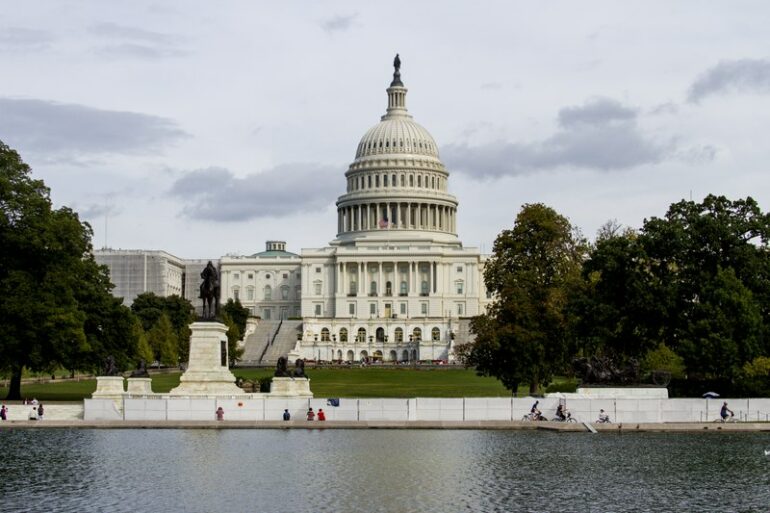Senate Republicans reportedly narrowly advanced a $9 billion package of federal spending cuts on Tuesday, but not without visible cracks in party unity.
Three senior GOP senators—Susan Collins of Maine, Lisa Murkowski of Alaska, and Mitch McConnell of Kentucky—voted against the measure, raising objections over the proposed cuts’ reach and the lack of clarity from the Trump administration.
The vote, which required Vice President J.D. Vance to cast a tie-breaking ballot, marked a tense moment for Senate Republicans.
Although the package was significantly revised in response to internal criticism—most notably by preserving $400 million in funding for the Pepfar HIV/AIDS relief program—it was not enough to win over the three senators, all of whom have expressed growing discomfort with the administration’s approach.
“I think that we are entitled to have that level of detail when these funds—that we have authorized, that we have appropriated—are now being clawed back,” said Senator Murkowski, who objected to the administration’s lack of specificity.
Her concerns echoed those raised privately by several other Republicans wary of the sweeping powers being assumed by the executive branch.
Senator Collins, who chairs the powerful Appropriations Committee, had been an early and vocal opponent of cutting Pepfar, an initiative she credits with saving millions of lives.
While she welcomed the reinstatement of the program’s funding, Collins said she remained troubled by other provisions in the package—especially the proposed elimination of $1.1 billion in future funding for the Corporation for Public Broadcasting.
“These are not just abstract numbers,” Collins said. “These cuts affect real people, including those in rural communities who rely on public broadcasting and international health aid.”
Senator McConnell, long a defender of congressional authority over appropriations, voted no but declined to comment publicly. His vote was viewed as a quiet signal of discomfort with the White House’s aggressive push for unilateral budgetary control.
The Trump administration has argued the rescissions package, part of its Department of Government Efficiency (DOGE) initiative, represents a necessary step in eliminating “waste, fraud and abuse.”
However, the internal resistance reflects broader concerns about transparency and policy direction within the GOP.
Democrats, meanwhile, warned the move could set a dangerous precedent. “This process threatens the integrity of congressional power,” said Sen. Dick Durbin of Illinois.
The Senate is expected to vote on further amendments Wednesday, but with internal GOP divisions laid bare, the future of the bill remains uncertain.
[READ MORE: Stock Market Hits New All-Time High After Inflation Meets Expectations]



